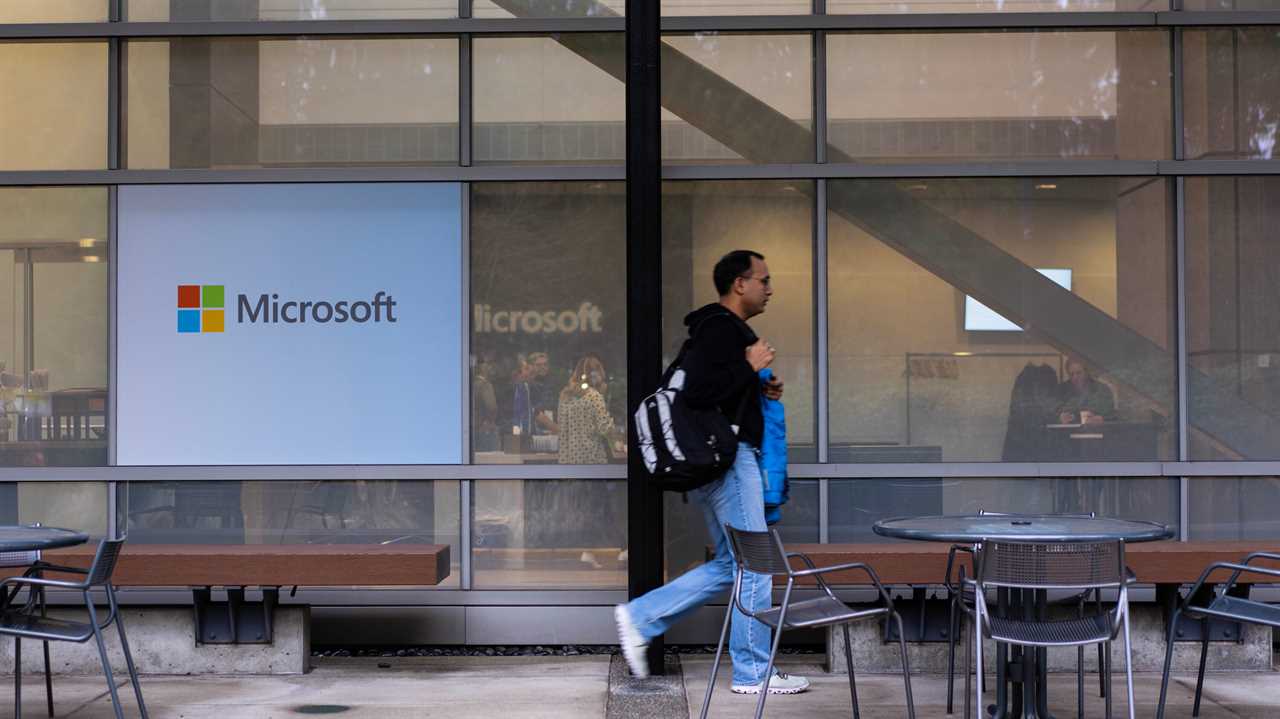
It’s been a rough few months for the tech industry. There have been tens of thousands of layoffs, hundreds of billions in value lost on Wall Street and a high-profile scandal at a crypto company that has shaken faith in that young market.
But in a conference center on Microsoft’s sprawling campus, Tuesday was a moment for swagger. Executives and engineers from Microsoft and a small research lab partner called OpenAI unveiled a new internet search engine and web browser that use the next iteration of artificial intelligence technology that many in the industry believe could be a key to its future.
This new artificial intelligence became a fascination for millions of people two months ago when OpenAI released a chatbot called ChatGPT. Capable of answering questions, writing poetry and riffing on almost any topic tossed its way, ChatGPT provided the tech industry with a jolt of excitement in the middle of its biggest job contraction in at least 15 years.
The enthusiasm around OpenAI’s technology — as well as the work of several competitors expected to hit the market soon — reminds tech veterans of other moments that have turned Silicon Valley on its head, from the first iPhone and the Google search engine to the Netscape web browser that set the stage for the commercialization of the internet.
Microsoft played catch up on browsers, badly missed the shift to mobile computing that came with the iPhone and its Bing search engine is a distant second in popularity to Google. But it could be the first big company to tech’s next big thing if the chatbot technology lives up to its billing.
“This technology will reshape pretty much every software category that we know,” said Satya Nadella, Microsoft’s chief executive. He added that “a race starts today in terms of what you can expect.”
On Tuesday, in a room crowded with nearly a hundred reporters, editors and photographers, Microsoft showed off a new Bing search engine. Yusuf Mehdi, Microsoft’s corporate vice president, used a new conversational interface to look for a 65-inch television suited to video games. As the service listed televisions, he asked it to pare the list to the cheapest models. It quickly did.
He then used the chatbot to plan a Mexican vacation and research Japanese poets. With a short query, he could ask the system to translate results from Spanish to English or show a particular haiku poem.
“You see, this is just so much better than today’s search,” Mr. Mehdi said.
Mr. Mehdi also unveiled a new version of the company’s Edge web browser that offers its own chatbot service. After loading a news release, he asked the bot to summarize the document. He also asked it to generate a tweet about the new Bing search engine and had it generate a snippet of computer code for a new software program.






